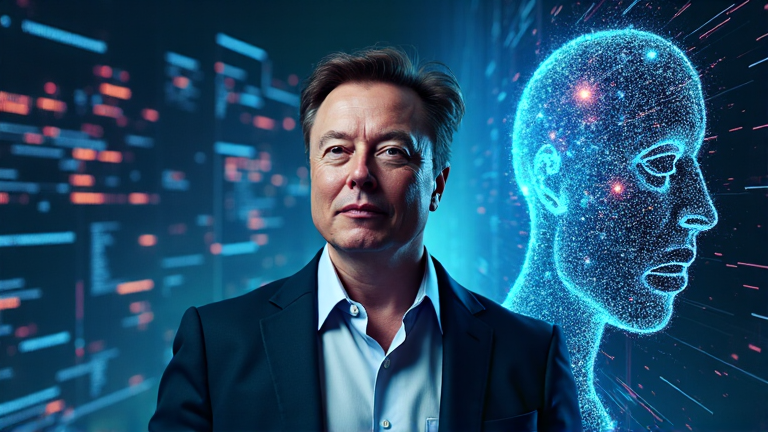
The High-Stakes Battle Over OpenAI: Musk’s Bid and Altman’s Vision
OpenAI recently made headlines as its board of directors rejected an unsolicited bid valued at nearly $100 billion from Elon Musk. While the rejection might seem like a setback for Musk at first glance, insiders believe it could serve his strategic interests in the long run.
A Calculated Move to Influence OpenAI’s Future
Industry experts suggest that Musk’s aggressive bid was designed not so much to acquire OpenAI outright, but rather to complicate CEO Sam Altman’s plans to restructure the organization. OpenAI currently operates under a hybrid model that combines non-profit and for-profit elements. Altman is reportedly pushing to eliminate the non-profit board to fully embrace a for-profit framework, a move that carries significant financial implications.
Johnnie Penn, an associate teaching professor at the University of Cambridge, explained that Musk’s offer aims to elevate the perceived value of OpenAI’s non-profit arm. "Musk is basically trying to stymie OpenAI's growth trajectory," he noted during a BBC interview. This tactic forces Altman to confront steep costs associated with breaking away from longstanding obligations to the non-profit division.
The Intricacies of Valuation and Strategic Pricing
Recent reports indicate that Musk, along with a consortium of investors including Hollywood superagent Ari Emanuel, put forward a $97.4 billion offer. However, this offer falls below both the $157 billion valuation from a funding round just months ago and the $300 billion figure being floated by others currently in the market. According to Cornell University senior lecturer Lutz Finger, Musk’s pricing strategy for the non-profit part makes any potential split far more expensive for OpenAI, complicating Altman’s transformation plan.
Rivalries, Reputations, and Real Motives
Musk has defended his actions by claiming a desire to return OpenAI to its original mission: the development of AI for the benefit of humanity. Yet, several experts speculate that his motivations might also be driven by his own challenges in the AI sector. With his projects, including xAI and the chatbot Grok, not receiving overwhelming public approval, Musk is allegedly trying to weaken his most formidable competitor.
The public exchange of barbed remarks between Musk and Altman, including a recent back-and-forth on social media, underscores an already-tense relationship. Altman has dismissed Musk’s bid by stating that OpenAI is not for sale, while Musk has resorted to labeling his former partner as a "swindler." These personal jabs have now extended into the legal arena. During a hearing in Oakland, California, U.S. District Judge Yvonne Gonzalez Rogers considered Musk’s request for an injunction to block OpenAI’s planned restructuring, stating that further investigation would be needed to confirm Musk’s claims of potential irreparable harm.
According to OpenAI’s legal team, Musk’s move contradicts his earlier statements about the immutability of OpenAI’s assets against private gain. This discrepancy has prompted some observers to question whether creating disruption and drawing publicity might be Musk's ultimate objective.
Karl Freund, founder and principal analyst at Cambrian-AI, summed up the sentiment: "He’s brilliant. He creates incredible companies that are doing incredible things. But his personal agenda is causing people to question his motives." Ultimately, the unfolding drama not only affects OpenAI’s future but also casts a spotlight on the broader implications for the competitive and rapidly evolving AI industry.
Note: This publication was rewritten using AI. The content was based on the original source linked above.